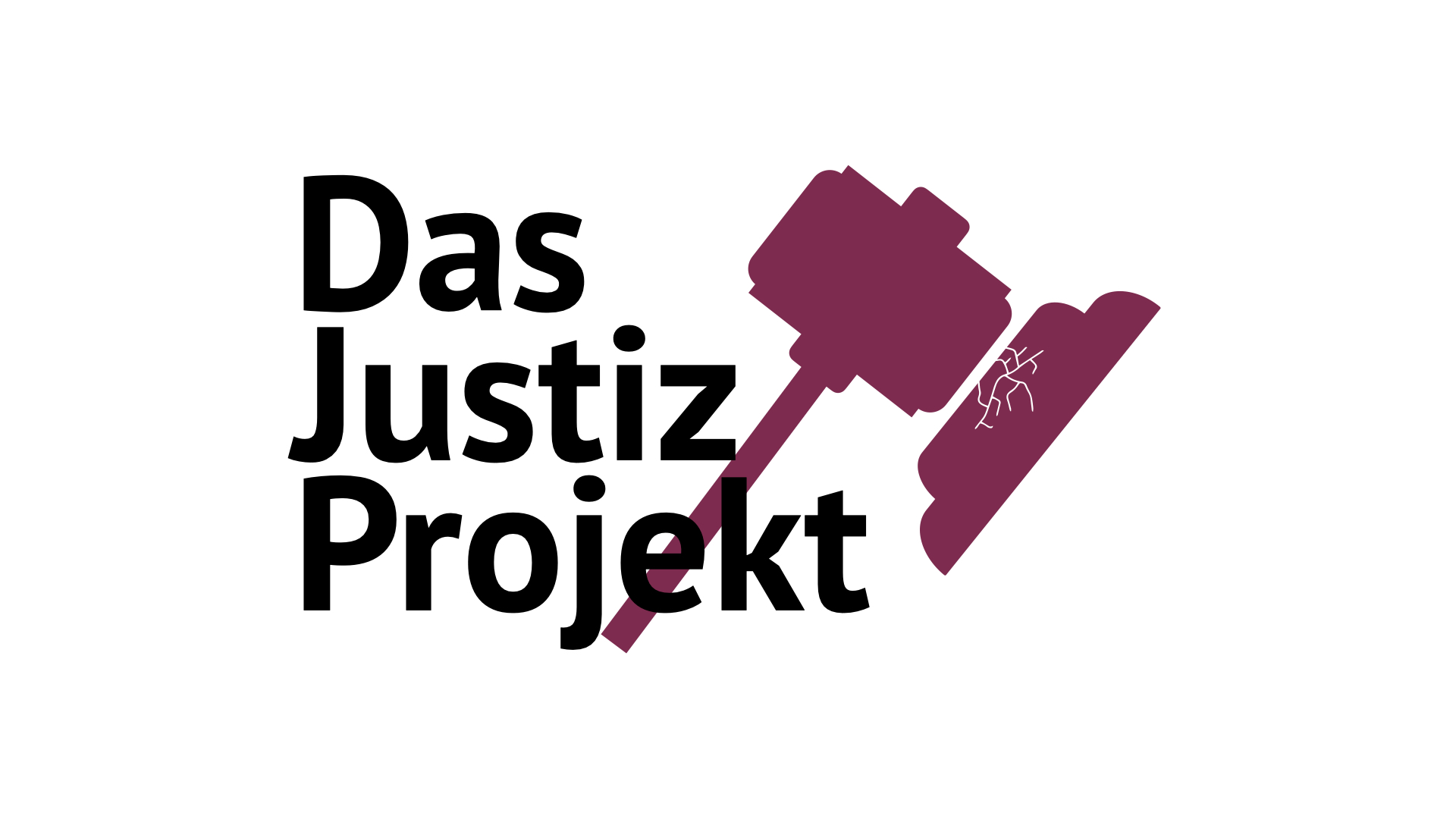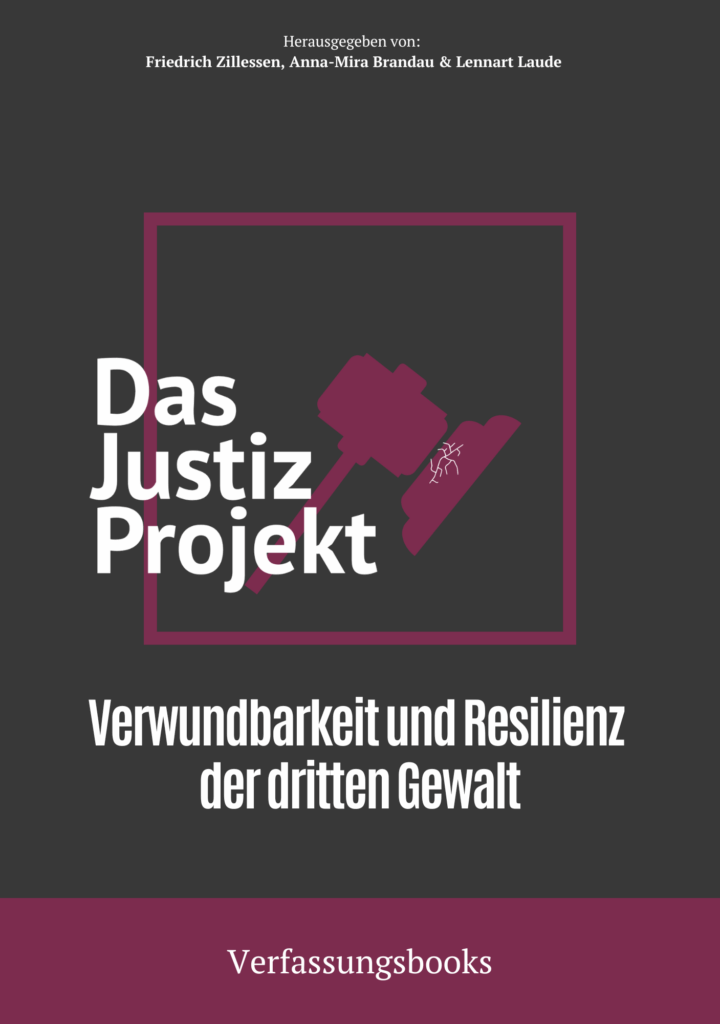The Judicial Resilience Project
Across the globe, independent courts are facing increasing pressure from authoritarian populism.
How vulnerable is the judiciary in Germany? Since the beginning of 2025, Verfassungsblog’s Judicial Resilience Project has been investigating this critical question in a dedicated research project.
The results are available now as a book (in German):
The Judicial Resilience Project. Vulnerability and Resilience of the Third Branch.
Open Access, here on Verfassungsblog.
The Project
The Project
On Verfassungsblog, we have long been analysing the strategies of authoritarian-populist forces. Their goal is to undermine democratic institutions in order to seize power — gradually, from within, often without openly breaking the law. Once in power, they do everything they can to hold onto it.
Following the conclusion of our Thuringia Project, we broadened our perspective to the Federal Republic as a whole. Based on our findings from the Thuringia Project, we are investigating a particularly urgent issue: the vulnerability of an independent and impartial judiciary at both the federal and state level.
Many international examples show that courts can be both an obstacle and a tool for authoritarian populists in pursuing their strategy. How can they disrupt the judicial system? Where are the weaknesses in court organization and judicial appointments? And how resilient are constitutional courts?
FAQ
News
News
Support

Many people ask what they can do to protect the Constitution. Our answer is: create knowledge. For that, we need your support.
You can find all the information on our donation website.
Join us in protecting the Constitution!
Support

Blogposts
The Sanctioning of Law
“Danger becomes less scary when it is better understood”
Anticipation Starts Now!
Taiwan’s Constitutional Grey Hole
Doxing Judges
Autocratic Legalism vs. Lawfare
Unwavering Loyalty
Systemic Pathologies
Team

Friedrich Zillessen
Project lead

Emma Bruhn
Communications manager
and researcher

Anna-Mira Brandau
Researcher

Juliana Talg
Researcher

Etienne Hanelt
Researcher

Lennart Laude
Researcher

Janos Richter
Researcher

Jakob Weickert
Research Assistant

Sophie Sendrowski
Research Assistant

Annika Perlebach
Volunteer Researcher

Jonathan Schramm
Volunteer Researcher
Team

Friedrich Zillessen
Project lead

Emma Bruhn
Communications manager
and researcher

Anna-Mira Brandau
Researcher

Juliana Talg
Researcher

Etienne Hanelt
Researcher

Lennart Laude
Researcher

Janos Richter
Researcher

Jakob Weickert
Research Assistant

Sophie Sendrowski
Research Assistant

Annika Perlebach
Volunteer Researcher

Jonathan Schramm
Volunteer Researcher
Looking Back: The Thuringia Project
Looking Back: The Thuringia Project
Between 2023 and 2024, we examined the vulnerabilities in Thuringia’s legal system that could be exploited by authoritarian populists. In the Thuringia Project, we conducted in-depth research to explore the question: What if authoritarian forces gained access to state power? How resilient is democracy in Thuringia?
We are proud that our work in the Thuringia Project has received multiple awards — including the Arnold-Freymuth Prize for Research and the Theodor Heuss Medal for outstanding commitment to democracy and civil rights.
Copyright: Alwin Maigler
In the summer of 2024, we published a book presenting the results of the Thuringia Project. We released a podcast in which we discuss our findings, and we wrote a policy paper with concrete recommendations for action addressed to the Thuringian state parliament.
Together with the NGOs FragDenStaat and GFF (Gesellschaft für Freiheitsrechte/Society for Civil Rights), we were also able to incorporate our research into a project named Gegenrechtsschutz, aimed at helping those affected by authoritarian abuse of the law to defend themselves.

The Verfassungsblog-Team
The Verfassungsblog-Team
Since the beginning of 2024, we have additionally been sharing the project’s findings publicly through lectures and panel discussions. They have also served as the basis for targeted training sessions for specific professional groups, including judges, prosecutors, school principals, teachers and journalists.
You can find all the key information about the Thuringia Project at one glance here.







